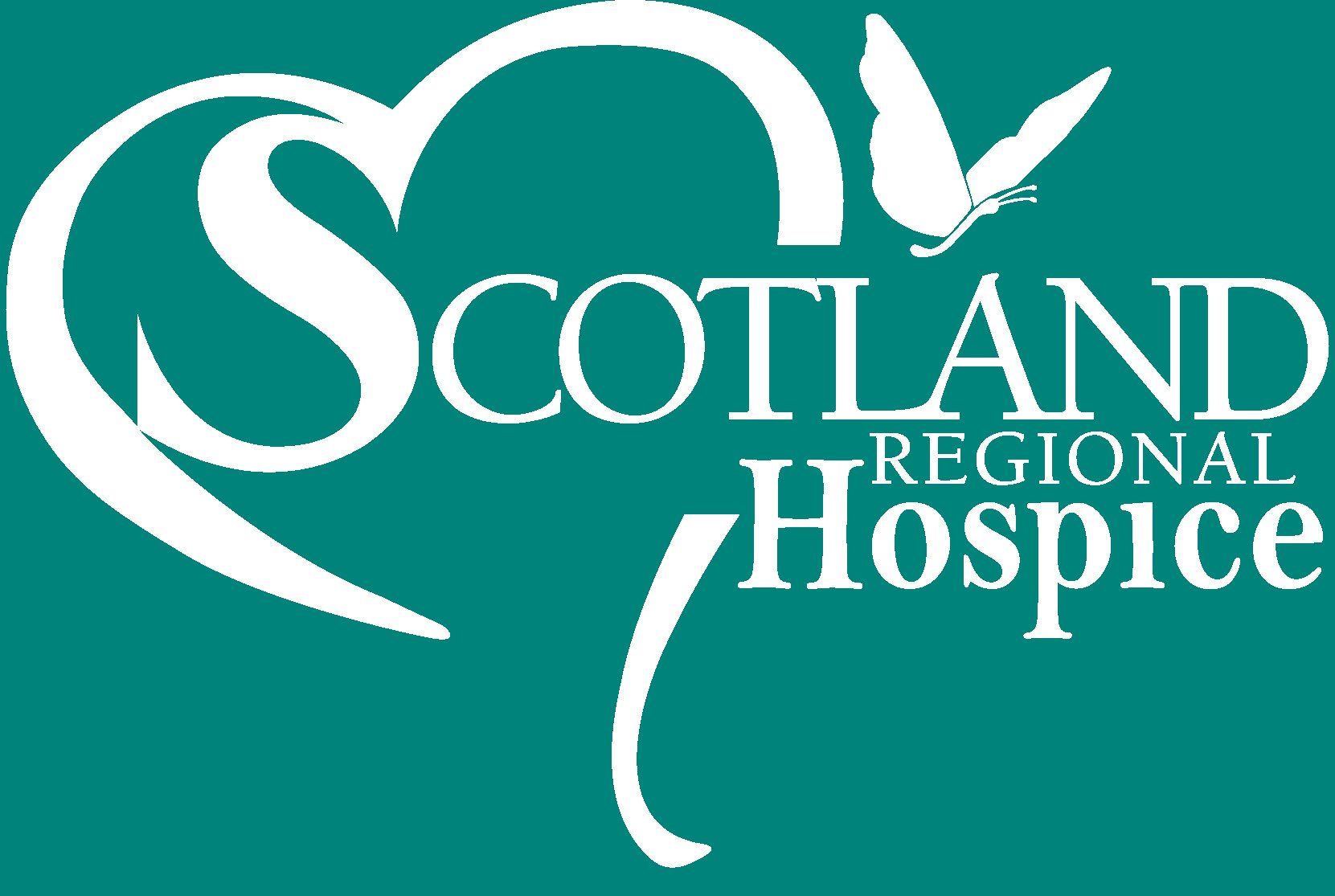Hospice Care
WHAT ARE THE ADVANTAGES OF HOSPICE CARE?
Hospice treats the person, instead of the disease; focuses on the family instead of just the patient; and emphasizes the quality of life.
Hospice allows terminally ill patients and their families to experience the end together, in the comfort and security of home or a home like setting.
Hospice uses the combined knowledge and skills of the Interdisciplinary Team to design a specific plan of care.
Services are provided 24 hours a day, seven days a week.
Hospice care is a cost-effective and is a covered benefit under Medicare, Medicaid and many other private insurance plans. Scotland Regional Hospice provides care, regardless of the patient's inability to cover expenses.
Hospice is the preferred choice of healthcare for patients and families coping with a life threatening illness.
WHO IS ELIGIBLE FOR HOSPICE CARE?
A person is eligible for hospice care with Scotland Regional Hospice when the physician has determined that his/her life expectancy is six months or less. The patient must agree to have Hospice care and live in our service area which includes Scotland, Robeson, Richmond. Hoke, Marlboro, Dillon and Chesterfield County. The patient should have a primary physician or will be followed by the Hospice Medical Director. There should be a caregiver in the home, especially when the patient's condition begins to decline.
REFERRALS:
Patients may be referred to Hospice by family, friends, clergy, or health care providers. Each referral must be approved by their physician, or the Hospice Medical Director, to determine that the patient is truly appropriate for Hospice services. Any person, including children, experiencing the final phases of their disease can benefit greatly from an early referral to Hospice. To make a referral, click here. Scotland Regional Hospice serves patients with all diagnoses, including:
AIDS
ALS (Lou Gehrig's Disease)
Alzheimer's
Cancer
Heart Disease
End-Stage Kidney Disease
End-Stage Liver Disease
Lung Disease
Neurological Diseases
Pulmonary Diseases
